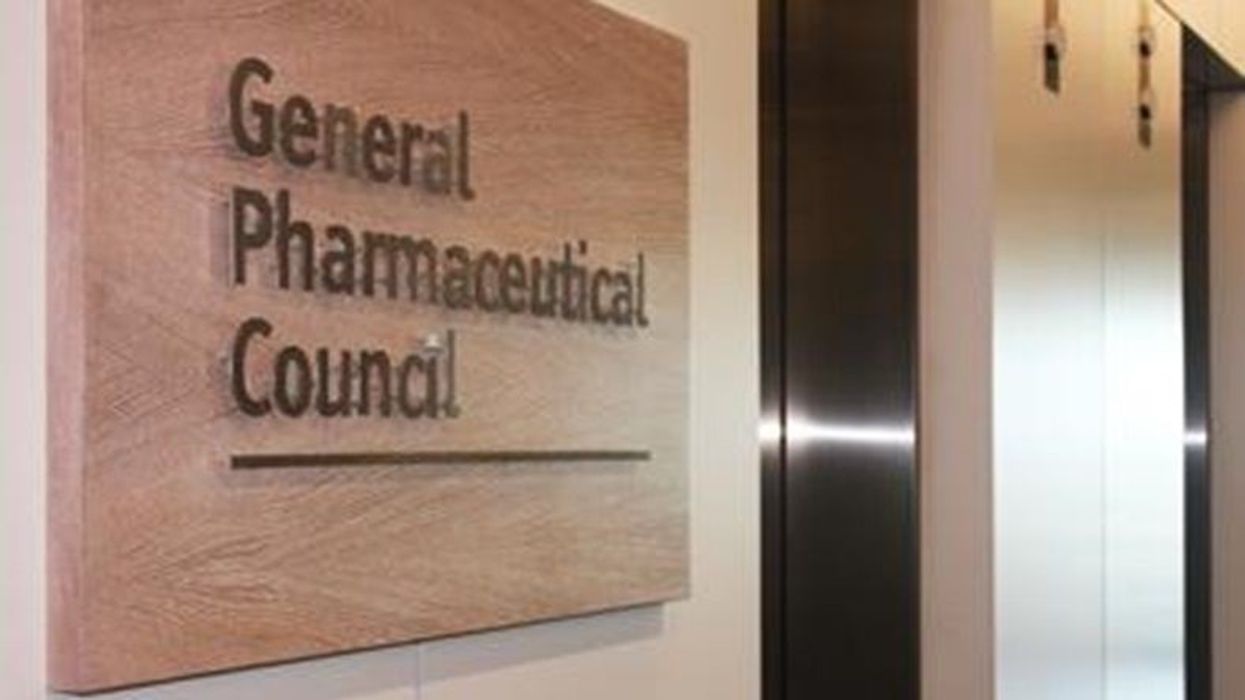Healthcare staff in Scotland with life-limiting illness will be given extra protections at work under a new charter being adopted by NHS Scotland.
The 'Dying to Work' charter will ensure staff with life-limiting illness aren’t dismissed because of their condition unless leaving would benefit them, for instance, to release a pension, the Scottish government said on Wednesday (March 24).
This charter, championed by the Trades Union Congress, will provide NHS Scotland staff with greater job and financial security at a time of considerable personal stress and uncertainty.
All health boards will be asked to make a commitment to the charter and agree a statement for the NHS Scotland attendance policy.
Boards will be asked to establish employee assistance programmes to provide support to affected staff, including access to counselling and financial advice.
Training will also be provided on dealing with life-limiting illness, such as discussing future plans with those affected and any changes to work arrangements which are needed.
Scotland's health secretary Jeane Freeman said: “I am pleased to say that NHS Scotland will adopt the Dying to Work charter, meaning no person with a life-limiting illness should lose their job because of their condition except in circumstances where leaving would benefit them financially.
“Many people will need some time off during their working life to recover from a serious illness. But some staff will be diagnosed with an incurable condition. This is traumatic enough in itself but to add to that, they may also have financial concerns.
“This charter is about choice. It’s about giving staff options on how they want to proceed at work – they may wish to continue working as a distraction from their illness or for financial security, or they may choose to spend the time they have left with family and friends.
“Whatever they decide they should be able to expect support from their employer and this charter ensures the NHS staff in Scotland will get that.”
Scottish Partnership Forum co-chairs Pauline Howie and Lilian Macer said: “The health and wellbeing of our staff is one of our top priorities and when employees are faced with a serious or terminal diagnosis, it is important that they have the right to choose their own path without worry of the financial implications.
“The introduction of this charter into NHS Scotland through partnership working means staff can focus on themselves and their families at this difficult time and can be rest assured that we are here to support them.”











